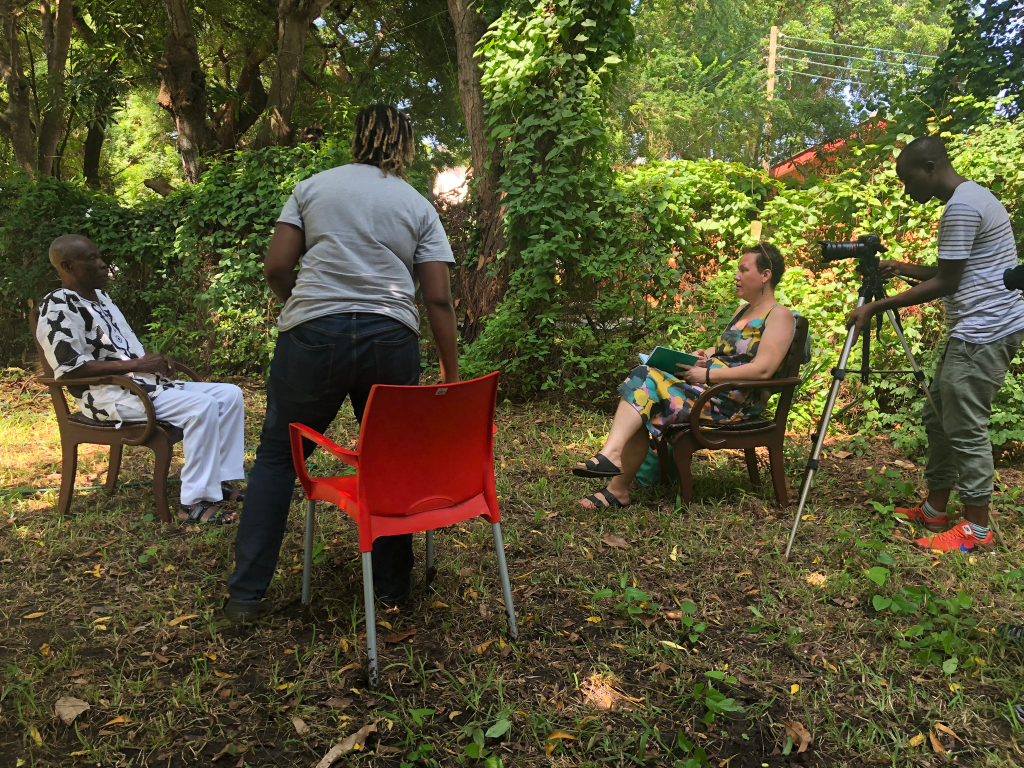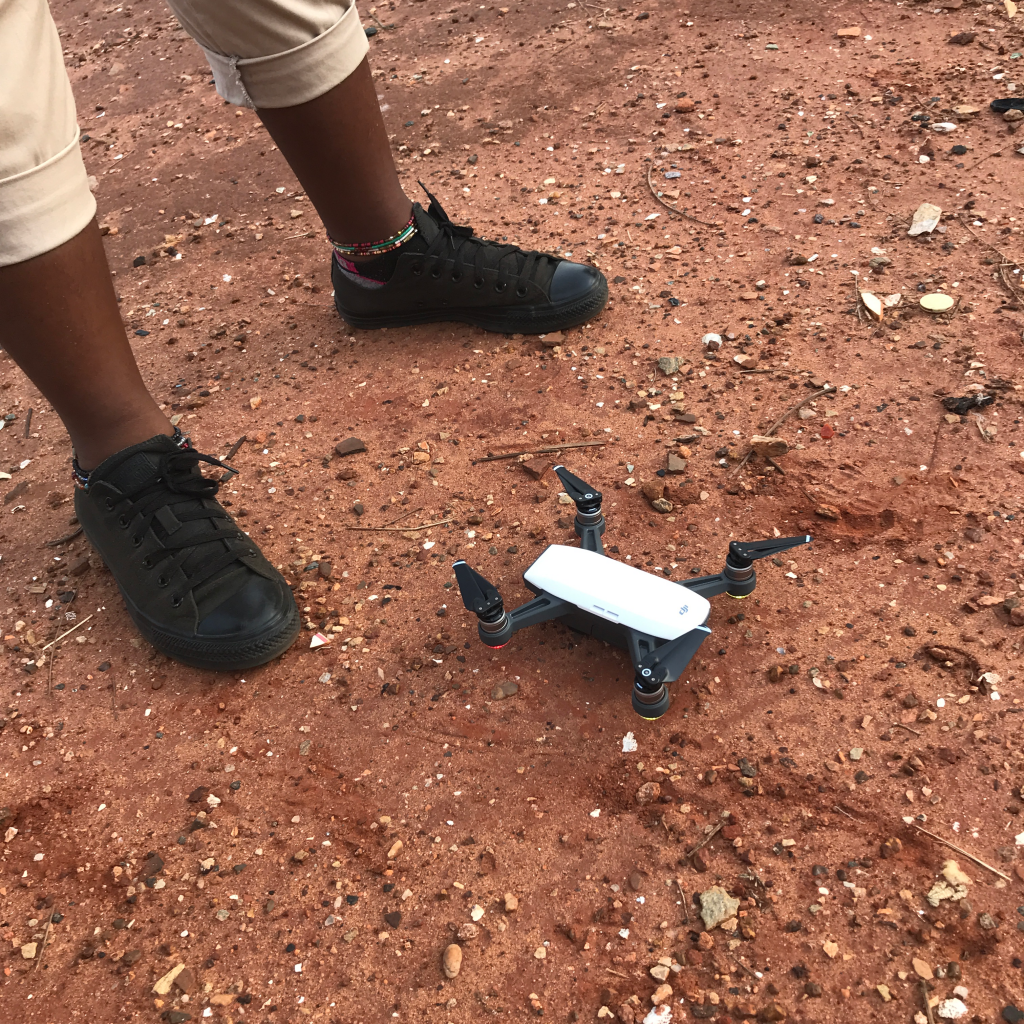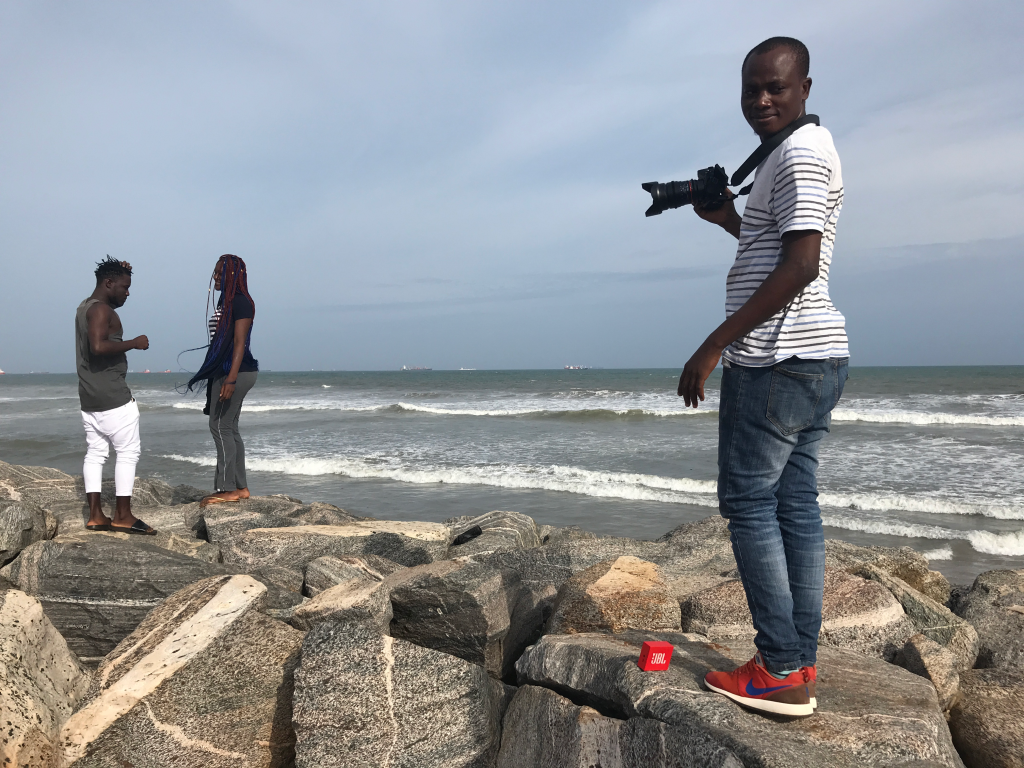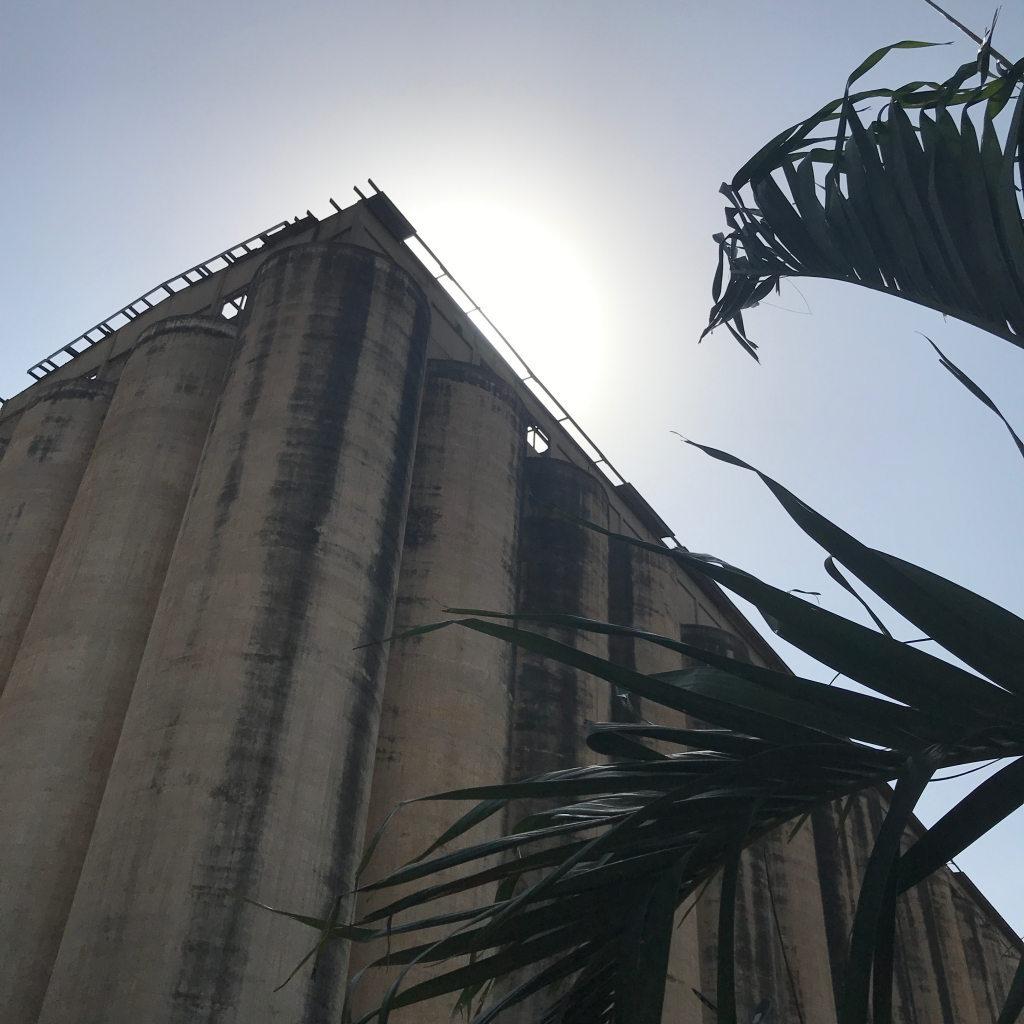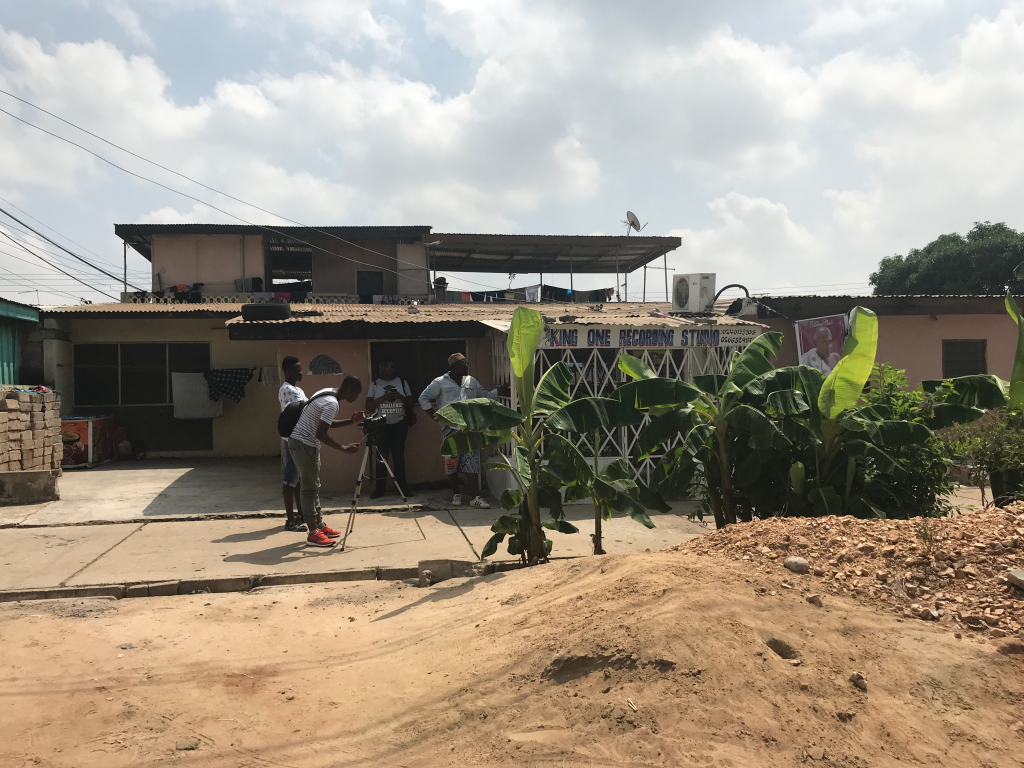For the Ghana Studies Association conference with the theme “Ghana as Center”, I decided to make a dream come true and make a documentary about my hometown for 12 years – the city of Tema.
The film “Tema Life: City of the Future” will be presented in a panel about Tema – the city that geographically is the center of the world.
The panel is in Room 1 at 2.30-4pm on Friday 12 July, 2019.
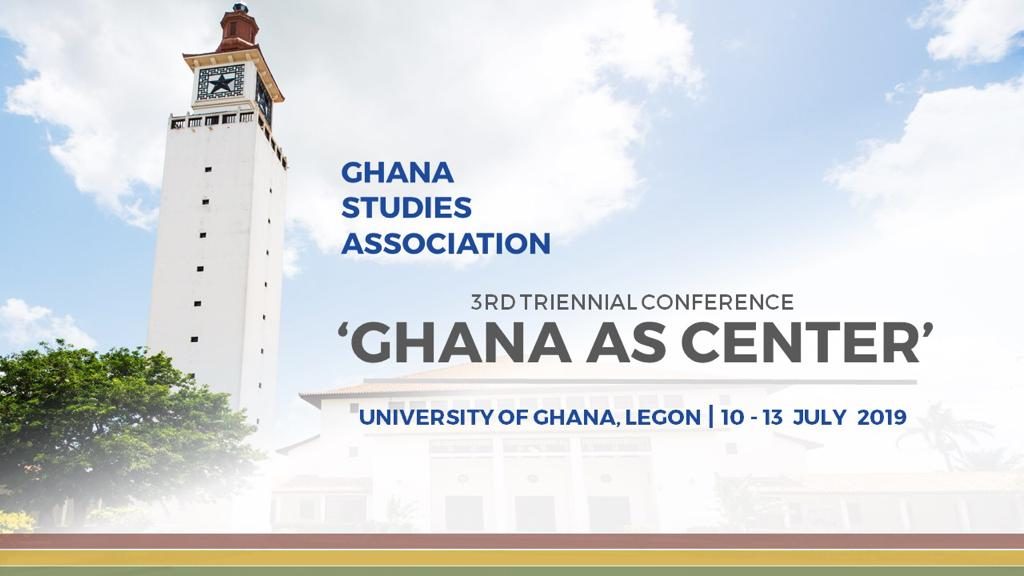
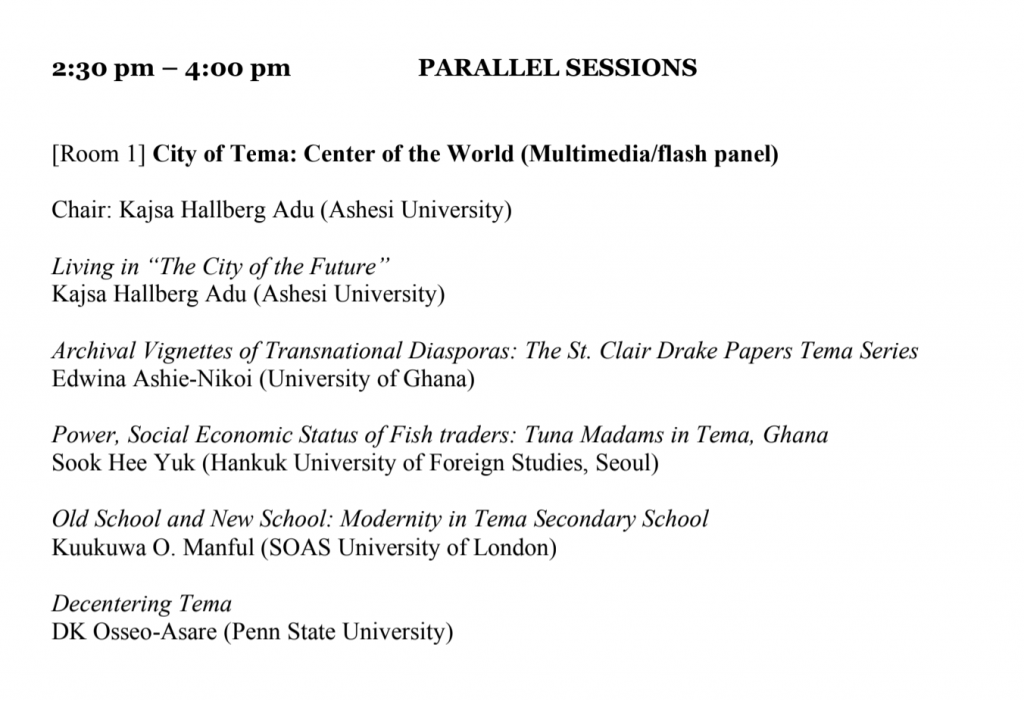
Here is my writeup about the documentary:
The city of Tema was planned and constructed in the late 1950s and early 1960s as a central part of Ghana’s modernization project. Buildings and areas were purposely designed for industrial, residential or business purposes according to the modern planning ideas of the time as well as socialist ideology. Original inhabitants were moved. The industrial model town was populated by foreign and local workers. By 1960 the city and surrounding areas had 25 000 inhabitants and ten years later just shy of 100 000. The industrial model town had various industries: textiles, radios, soap, motor vehicles, food stuffs, cigarettes and so on and was populated by foreign and local workers. The city was constructed “to be the city of the future” (Ahlman, 2017).
Tema was politically and economically central – in addition to purposely geographically constructed in the Greenwich meridian before it hits the ocean. Later political and economic pressures, including geopolitical changes and the growth of Ghana’s nearby capital Accra and its industrial areas and Tema became peripheral.
This project seeks to collect narratives from the first dwellers in Tema in a documentary film. Young laborers in 1960 would today be in their 80s and hence the time is running out to capture their oral histories about Tema then and now. The narratives will focus on what work, leisure, shopping was like during the early days of Tema and offer Tema’s first inhabitants a space to reflect on how it has changed. Building on the Nana Project by Kirstie Kwarteng that seeks to collect oral histories in Ghana, the conversations will be professionally filmed and the output will be a short documentary and a journal article analyzing their oral histories about the center of the world, Tema.
The team behind the film is scholar Kajsa Hallberg Adu, PhD and filmmaker Mantse Aryeequaye who bring together knowledge of Tema and of documentary film in Ghana. Mantse is a cultural producer and filmmaker perhaps best known for his championing of the street art festival Chale Wote in Accra. He is however also a longtime music and film producer who has worked all over the continent with companies such as MTV, Studio 53, Moonlight Films in Capetown, The Africa Channel, and currently serves as director of Reddkat Pictures and as the co-director of AccraDotAlt.
Ahlman, J. S. (2017). Living with Nkrumahism: Nation, State, and Pan-Africanism in Ghana . Athens, OH, US: Ohio University Press.


